Choosing between an inverter and a solar generator can be confusing if you are not familiar with how they work. Both serve the purpose of providing power during outages or in off-grid situations, but they differ in design, functionality, and application. This article explores their key differences, benefits, and limitations to help you decide which is better suited for your needs.
Introduction and Quick Summary
An inverter converts stored DC power (usually from batteries) into usable AC electricity for your devices. A solar generator, on the other hand, is an all-in-one system that typically includes solar panels, a battery pack, and an inverter, offering a portable and renewable energy source. If you already have a battery bank and want simple conversion, an inverter may be sufficient. If you need a complete power solution with renewable charging, a solar generator is the better choice.
What is an Inverter?
An inverter is a device that converts direct current (DC) electricity into alternating current (AC). Most household appliances and electronics run on AC, making inverters essential in backup power systems.
How Inverters Work
Inverters take stored DC electricity, often from lead-acid or lithium-ion batteries, and transform it into AC power at a stable voltage and frequency. This process allows you to run appliances, lights, and other electronics as if they were connected directly to the grid.
Types of Inverters
- Pure Sine Wave Inverters: Deliver smooth and clean AC power, suitable for sensitive electronics.
- Modified Sine Wave Inverters: More affordable but may not work well with certain devices.
What is a Solar Generator?
A solar generator is a portable power station that integrates solar panels, batteries, and an inverter. It stores solar energy during the day and provides electricity whenever needed. Unlike traditional gas generators, solar generators are silent, require no fuel, and are eco-friendly.
Components of a Solar Generator
- Solar Panels: Capture sunlight and convert it into DC power.
- Battery Pack: Stores electricity for later use.
- Inverter: Converts DC into AC power for household devices.
Advantages of Solar Generators
- Eco-friendly and renewable
- Silent operation
- Portable and user-friendly
- No ongoing fuel cost
Comparison: Inverter vs. Solar Generator
Below is a detailed comparison of inverters and solar generators based on critical factors:
| Feature | Inverter | Solar Generator |
|---|---|---|
| Primary Function | Converts DC to AC power | All-in-one portable energy system |
| Power Source | External batteries | Solar panels + internal batteries |
| Portability | Limited (depends on installation) | Highly portable |
| Eco-Friendliness | Neutral, depends on battery source | Renewable and eco-friendly |
| Maintenance | Requires battery maintenance | Minimal maintenance required |
| Cost | Lower upfront cost | Higher upfront but cost-effective long term |
Which One Should You Choose?
Your choice depends on your energy needs, lifestyle, and budget:
- If you already have a battery setup and only need AC conversion, an inverter is the logical option.
- If you need a portable, renewable, and convenient backup energy system, a solar generator is better.
- For long-term cost savings and eco-friendliness, solar generators generally offer more value.
Frequently Asked Questions (FAQ)
Can an inverter work without batteries?
No, inverters need a DC source to function. Without batteries or solar panels providing DC power, the inverter cannot generate AC output.
Do solar generators require sunlight all the time?
No, solar generators store energy in their batteries. While they rely on sunlight for charging, they can provide power at night or during cloudy weather using stored energy.
Are solar generators powerful enough for home use?
Yes, modern solar generators can power small to medium appliances. However, for heavy-duty home backup, multiple units or larger capacity models may be required.
Which is more cost-effective in the long run?
Solar generators usually have a higher upfront cost but save money over time by reducing fuel and electricity expenses. Inverters are cheaper initially but depend on external batteries and charging methods.
Are inverters noisy like traditional fuel generators?
No, inverters themselves are quiet. The only potential noise comes from cooling fans, which are minimal compared to fuel-based generators.



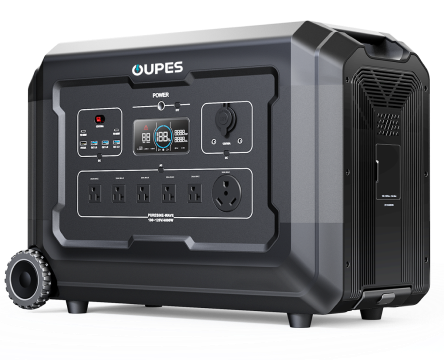

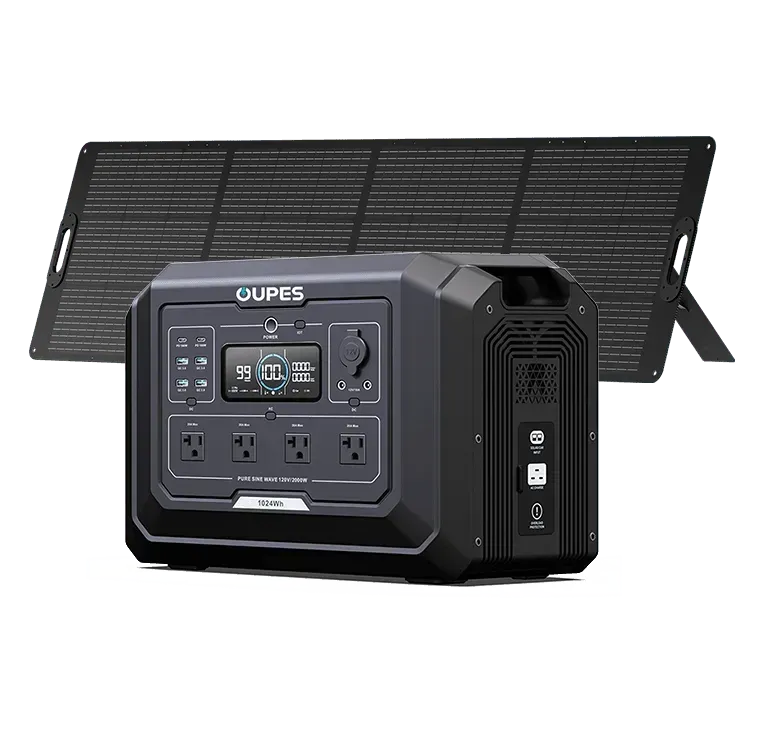
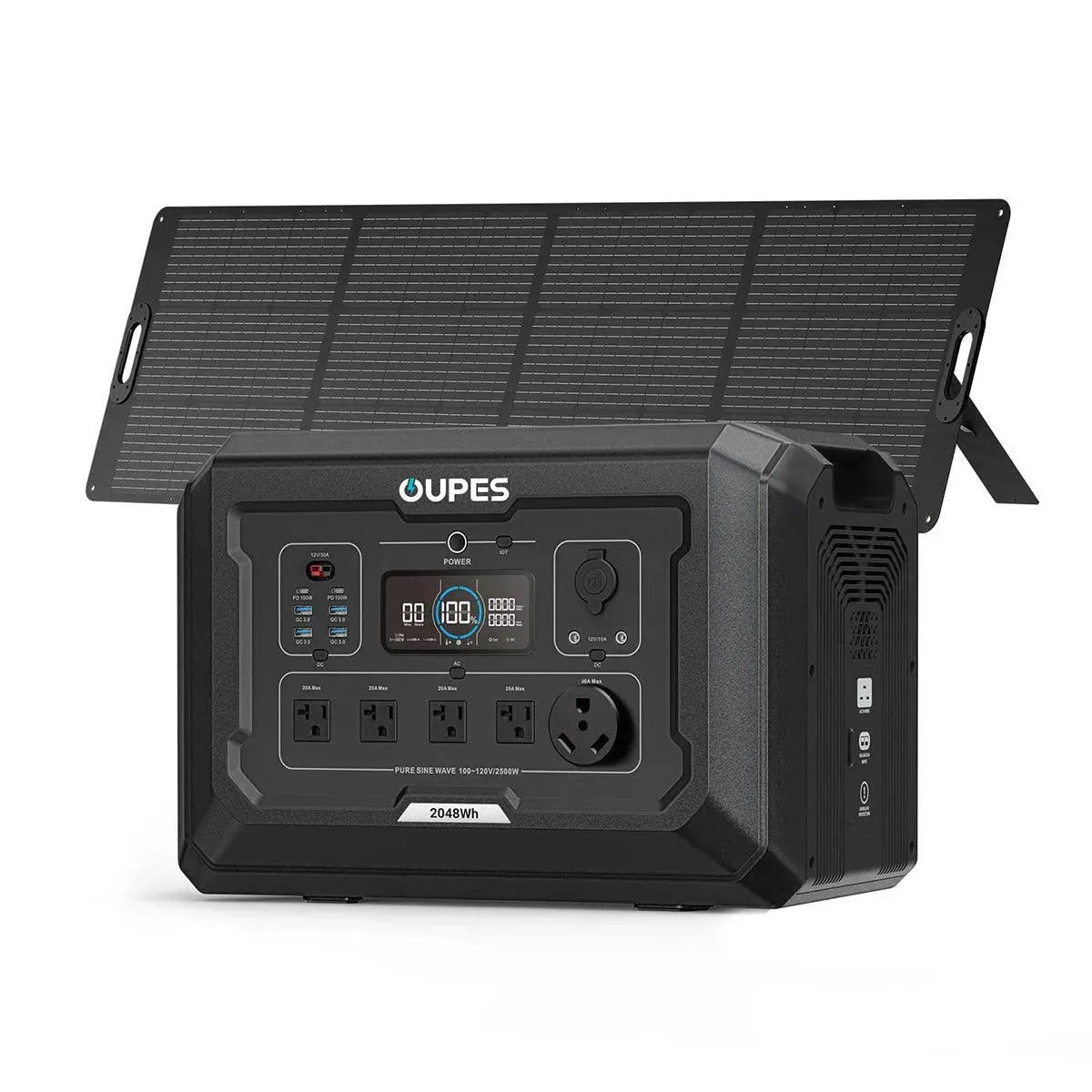






















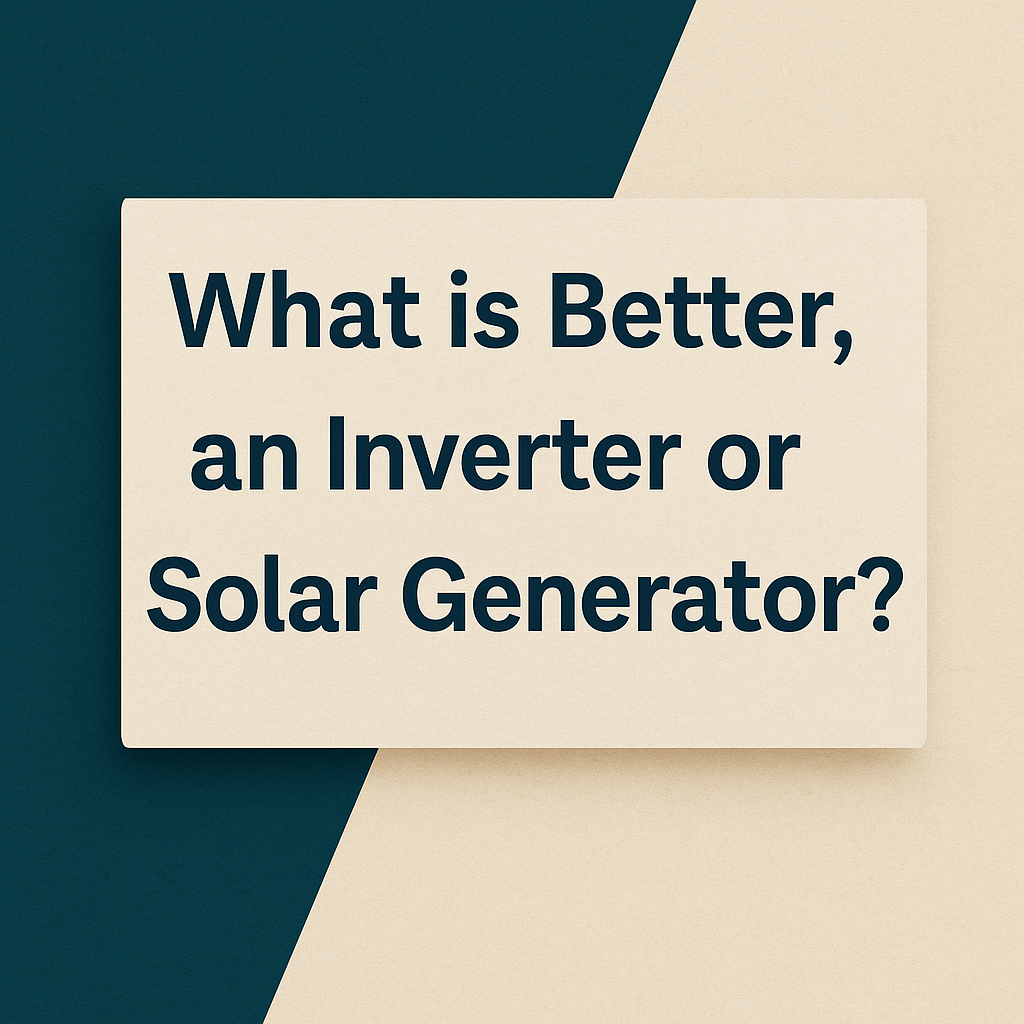


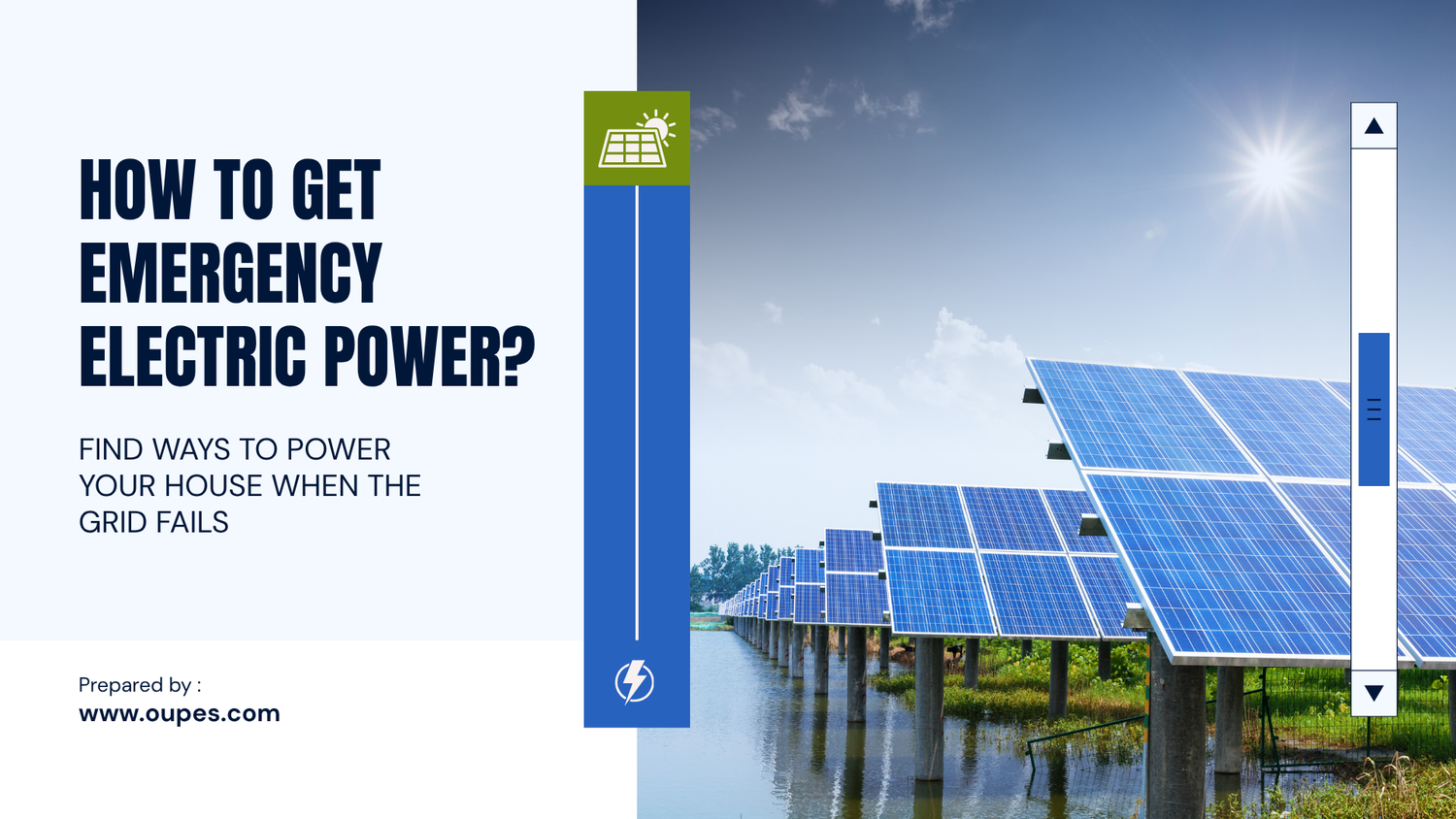
Leave a comment
This site is protected by hCaptcha and the hCaptcha Privacy Policy and Terms of Service apply.